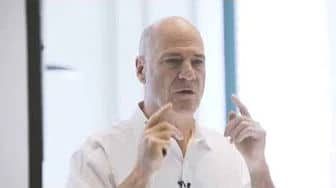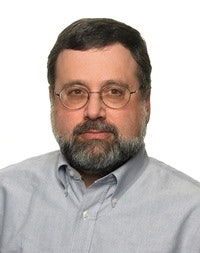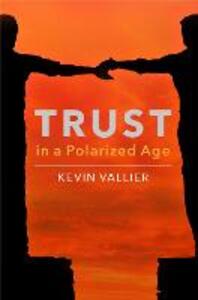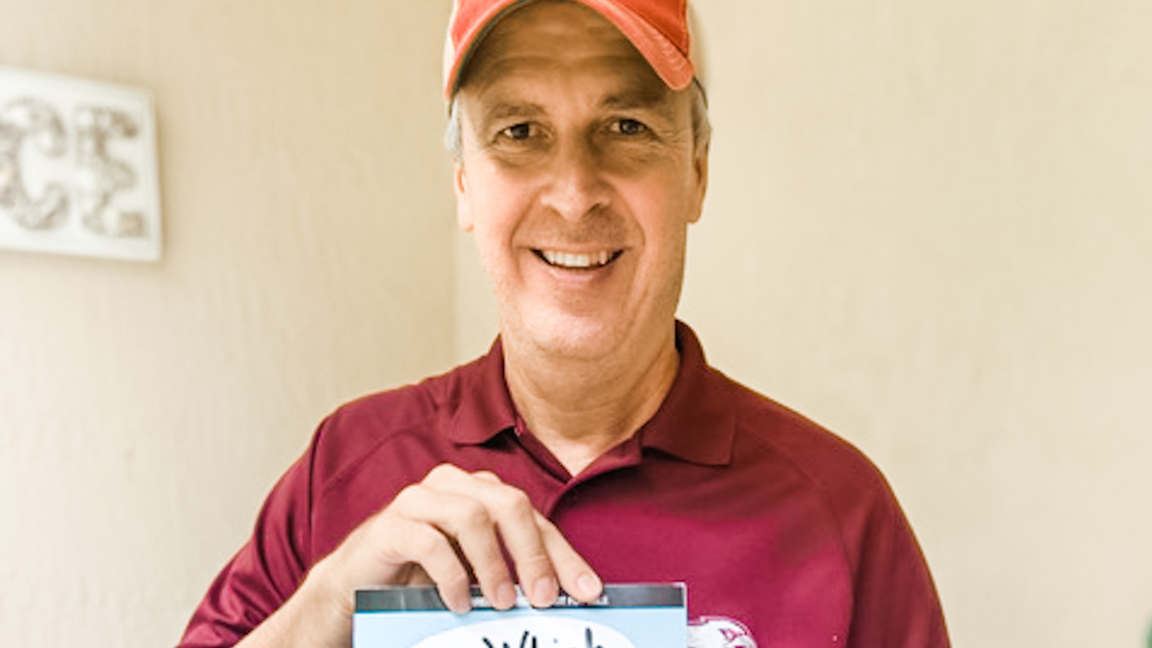EP 428 Honor in a Country That Has Gone Off the Ethical Guardrails
What shocked us in the past has somehow become the the new normal in our politics, workplaces and overwrought interest in a celebrity culture. In fact, through social media, we aspire to join that culture, at least for fifteen minutes, by some reckless, attention-seeking behavior. The reward structure for living life out loud, in a less than virtuous way, seems to place value on all the wrong things. The presidency of Donald Trump, an out of control personality, all tangled up in his own whims and ambition, is a striking example of this formula working on an individual level. If that’s the nation’s chief executive, just imagine what Big Pharma does in doling out opioids like candy, banks issuing credit cards no one ordered and religious institutions covering up the misdeeds of men of the clergy. All of this speaks to America’s need for ‘The New Honor Code’, offered up by cultural anthropologist, Grant McCracken, in his new book. In this podcast, we explore whether our moral compass, as a society, can ever point true north, in the wake of such a torrent of bad behavior or as a popular series on Showtime suggests, we are ‘shameless’.
Podcast: Play in new window | Download








